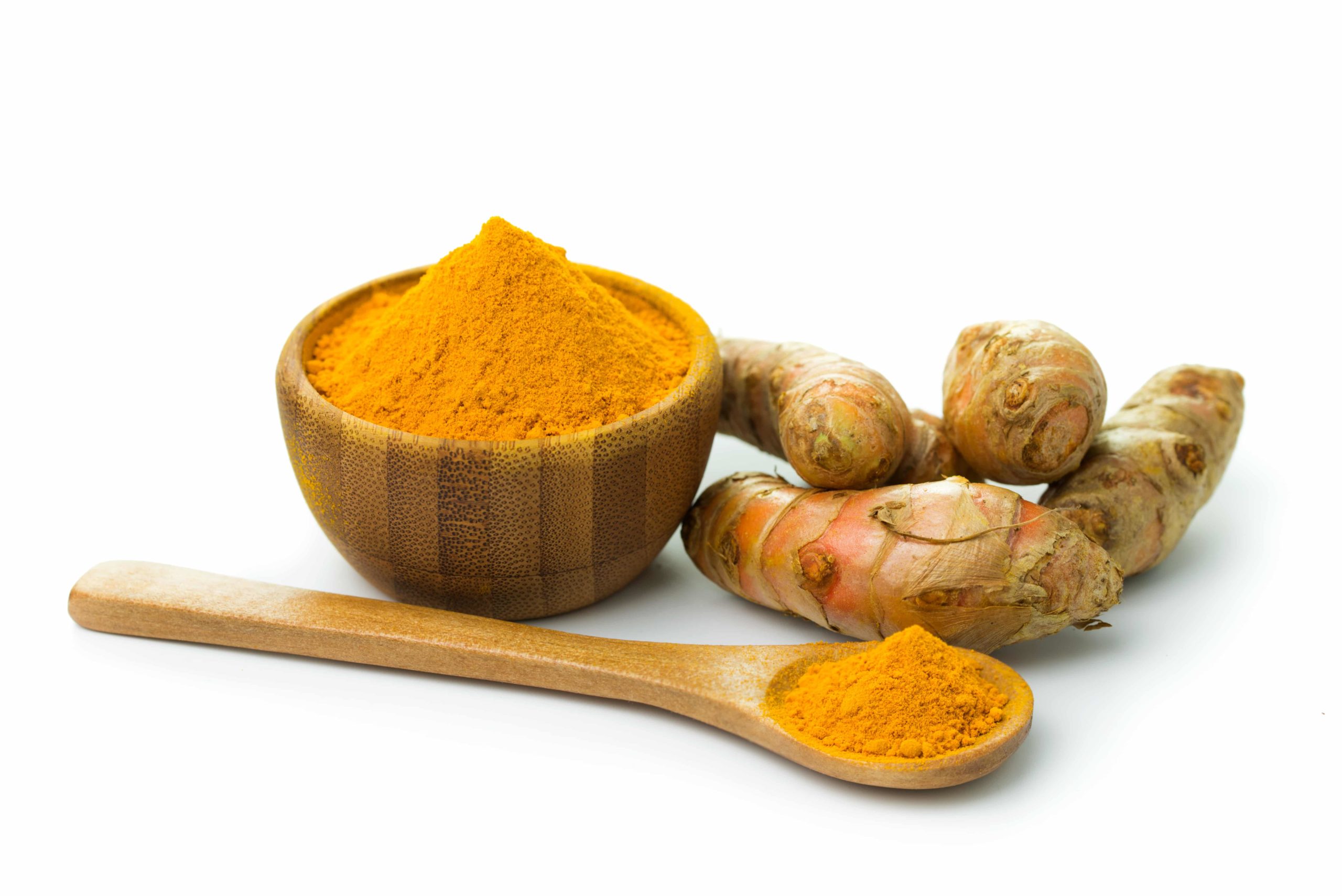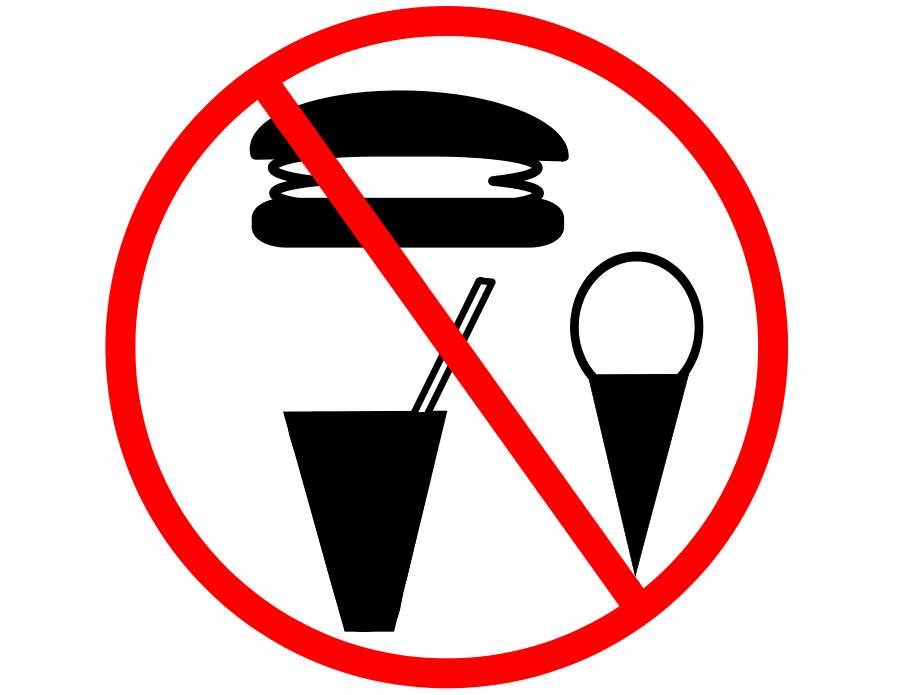Here are 10 reasons to consume warm turmeric water in the morning:
Turmeric is among the most helpful spices, as it has strong anti-inflammatory, antioxidant and anti-aging properties. This fantastic spice can be of excellent help in the treatment of various health conditions.
The main ingredient accountable for all these benefits is curcumin. Its incredible effects and capability have been proved by more than 7,000 published peer-reviewed clinical studies.
Therefore, turmeric water is one of the most beneficial drinks you can take in. In order to prepare it, you need to include turmeric to warm water and stir well.
Because the spice will fall on the bottom, you need to stir while you are drinking it also, in order to obtain finest outcomes. Remember to consume the turmeric water warm. You can also obtain quality turmeric which is already in solution.
Its intake will supply your body with many health benefits:
1. Eliminates Arthritis
In accordance with a study of RA patients carried out in 2012, curcumin has a more powerful activity than diclofenac, which is a non-steroidal anti-inflammatory drug (NSAID) in the treatment of discomfort and swelling in the joints.
2. Reverses Type 2 Diabetes
A research study conducted on the Auburn University and released by Biochemistry and Biophysical Research Communications in 2009 demonstrated that turmeric supplements may be one of the most beneficial things that can be taken in the process of reversing diabetes.
3. Battles Swelling
Numerous Western diseases are a result of persistent inflammation. Nevertheless, this spice has potent anti-inflammatory properties and combats the swelling of joints and the areas of bodily stress even better than main stream anti-inflammatory drugs.
4. Enhances Digestion
The regular usage of turmeric improves food digestion as it stimulates the release of bile.
5. Liver Health
This spice has also been found to be among the most effective foods for promoting liver health, as it prevents it from toxicity damage and promotes restoration of the affected liver cells. Furthermore, it likewise stimulates the production of bile, enhances the gallbladder function, and minimizes the engorged hepatic ducts.
6. Brain Health
Research study has revealed that there is a strong link between cognitive conditions like dementia and Alzheimer’s and the reduced levels of a particular kind of development hormonal agent, referred to as Brain-Derived Neurotrophic Aspect (BDNF). Nevertheless, experts have actually also found that curcumin (found in turmeric) has an advantageous impact on the levels of this hormonal agent, so it effectively reverses some brain diseases or declines of the brain functions due to aging.
7. Alkalizes the Body
This spice is extremely alkaline, so it has an extremely favorable impact on the body. Specifically, the alkaline environment of the body is not suitable for the development of cancer, as it flourishes in an acidic environment only.
8. Cardiovascular Health
Curcumin, the active ingredient of turmeric, has actually been shown to eliminate plaque deposits in the arteries and also prevents blood clots. The journal Biological and Pharmaceutical Bulletin published a research study in 2011, which revealed the findings of a team of scientists from the Niigata University of Pharmacy and Applied Life Sciences in Japan.
Particularly, these professionals found that the heart health of male rats, which were injected with an autoimmune heart disease, was significantly enhanced by the supplementation with turmeric within a period of 3 weeks.
9. Prolongs Life and Prevents Aging
Curcumin effectively prevents the activity of totally free radicals and prevents swelling, which are 2 of the most paramount factors for aging.
10. Anti-oxidant Power
Curcumin is an extremely strong anti-oxidant, so it prevents cell damage due to unsteady particles or free radicals.
Turmeric is among the most versatile natural components you can utilize in order to treat most disease conditions and promote health.
Therefore, try consuming it frequently and your body will be more than grateful!



